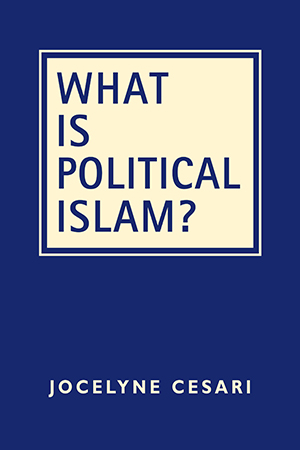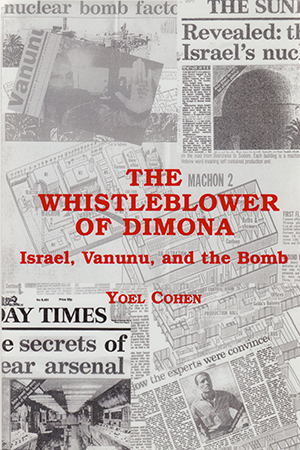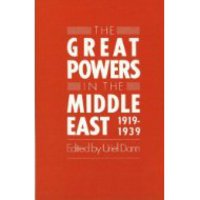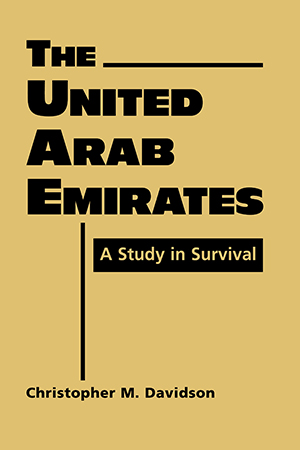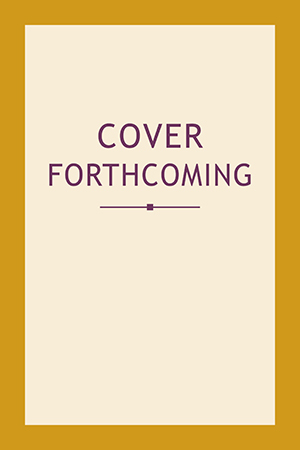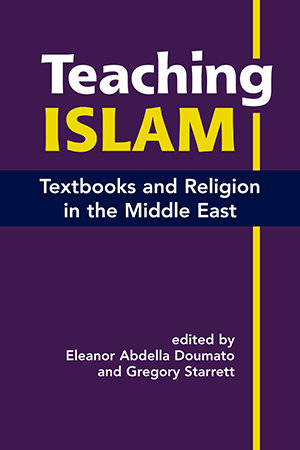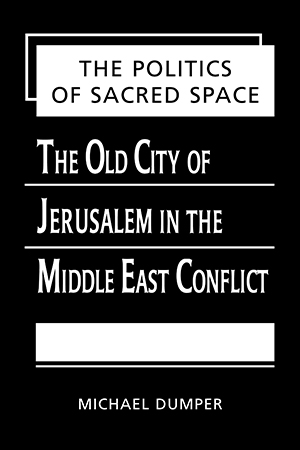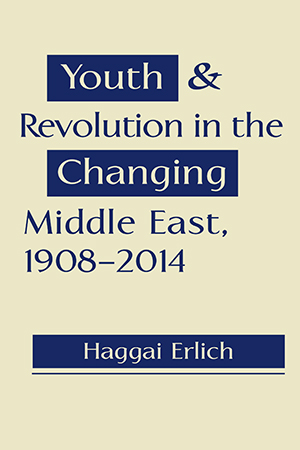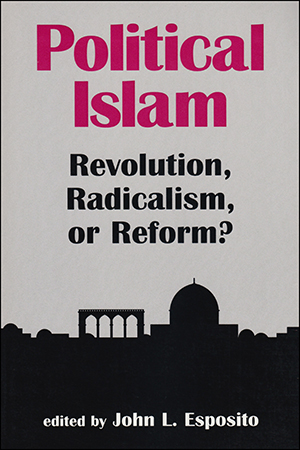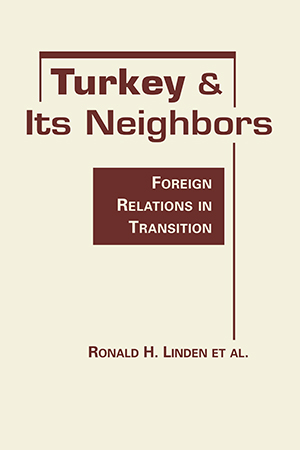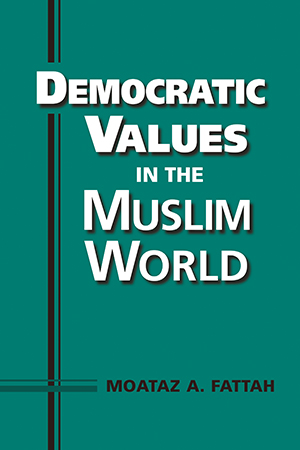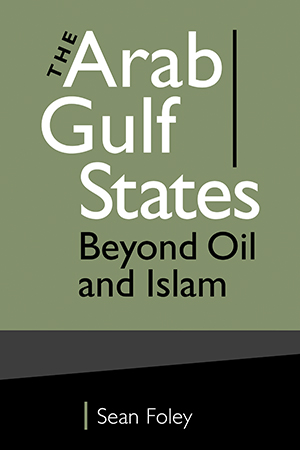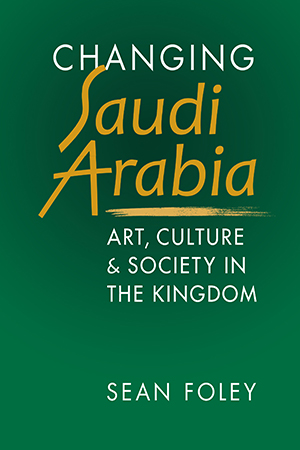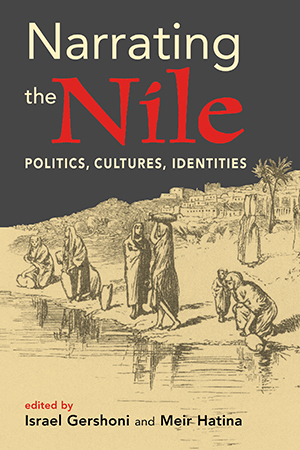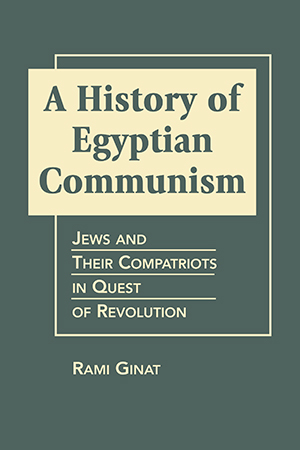Middle East Politics
Honorable mention for ISA's Religion and International Relations Section Book Award! The debate continues unabated: Is political Islam decipherable through the tenets of the Islamic More >
In 1986, Mordechai Vanunu, a technician at Israel's highly secret nuclear arms research center at Dimona, disclosed highly classified details about Israel's nuclear arms program to More >
Perhaps the most critical period in the development of modern Middle Eastern politics occurred between the two world wars. Britain and France vied for influence and control in the region by More >
The United Arab Emirates has remained a mainstay of stability in an increasingly volatile Middle East, managing to maintain a traditional polity despite the impact of rapid modernization and More >
With hardening authoritarianism and state capture by militias exacerbating the challenges faced by providers of development and political aid across the Middle East and North Africa, how can More >
Much has been made of the role that Saudi Arabia's education system played in fostering the hatred that fueled the September 11 terror attacks. But do Saudi textbooks deserve to be More >
Sacred to three traditions, the Old City of Jerusalem is the Gordian knot at the center of the Middle East conflict. This book explores how religious and political interests compete for More >
Though there is much discussion of the role of youth in recent upheavals in the Middle East, there are few serious analyses of just what that role has been. Haggai Erlich sheds important More >
For more than a decade, policymakers and observers in the Muslim world and the West have struggled with the specter of political Islam—or "Islamic fundamentalism"—often More >
Recent years have seen dramatic changes in the nature, direction, and impact of Turkey's foreign relations in its neighborhood—a region that encompasses Europe, the Middle East, More >
Is Islam compatible with democracy? Despite the seemingly endless debate on this issue, Moataz Fattah's study is a rare investigation of actual Muslim beliefs about democracy across More >
If petroleum buys political legitimacy in the Arab Gulf states, how can we explain the rise of dissent and calls for political reform despite sustained oil revenues? The answer, according to More >
T. E. Lawrence once observed that Saudi Arabia had "so little art" that it could "be said to have no art at all." Whether that was once the case is arguable. But that it More >
The authors of Narrating The Nile seek to encourage the study of Egypt, Sudan, and Ethiopia not only as autonomous entities, but also as part of the Nile region, a shared theater of More >
Rami Ginat offers an entirely new reading of the evolution of communism in Egypt, including the central role of Egyptian Jews in both its development and its impact on Egypt and the wider More >


